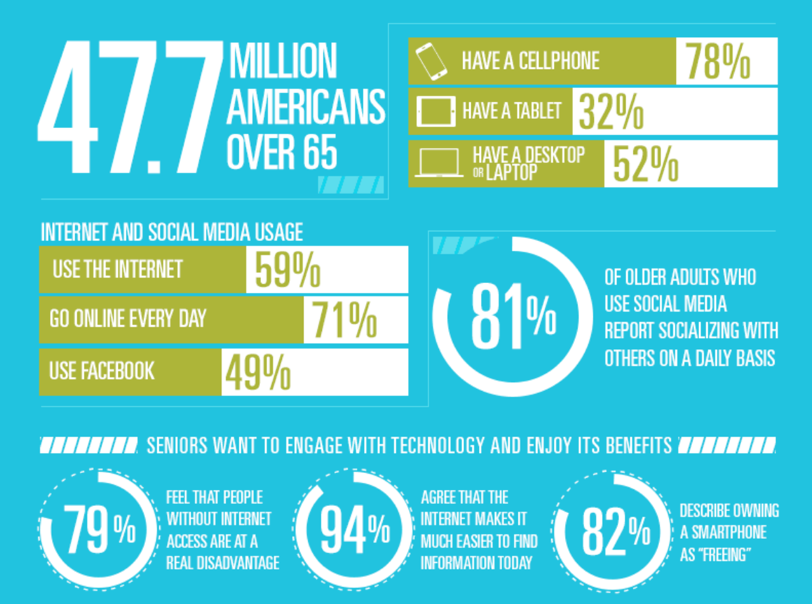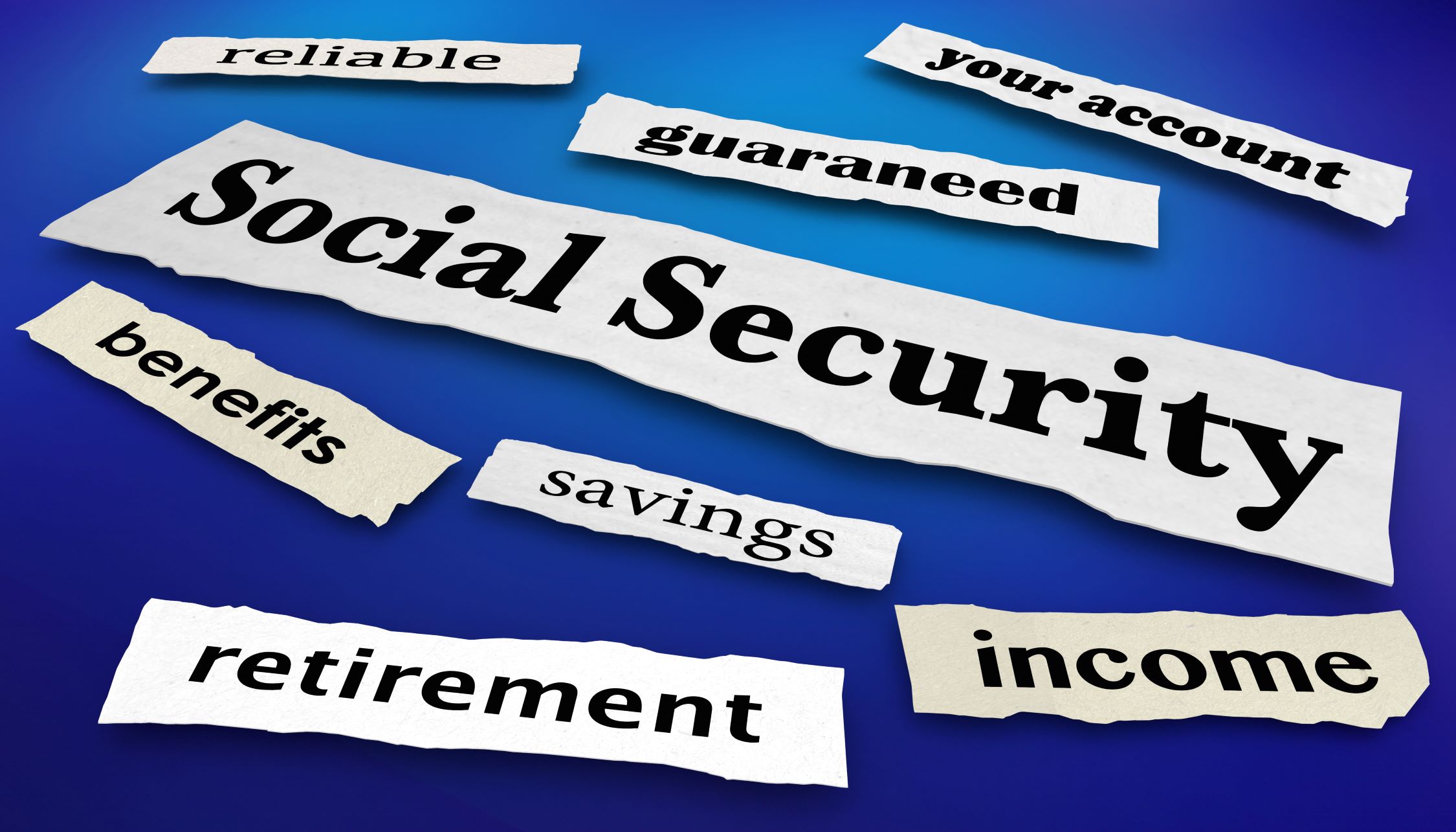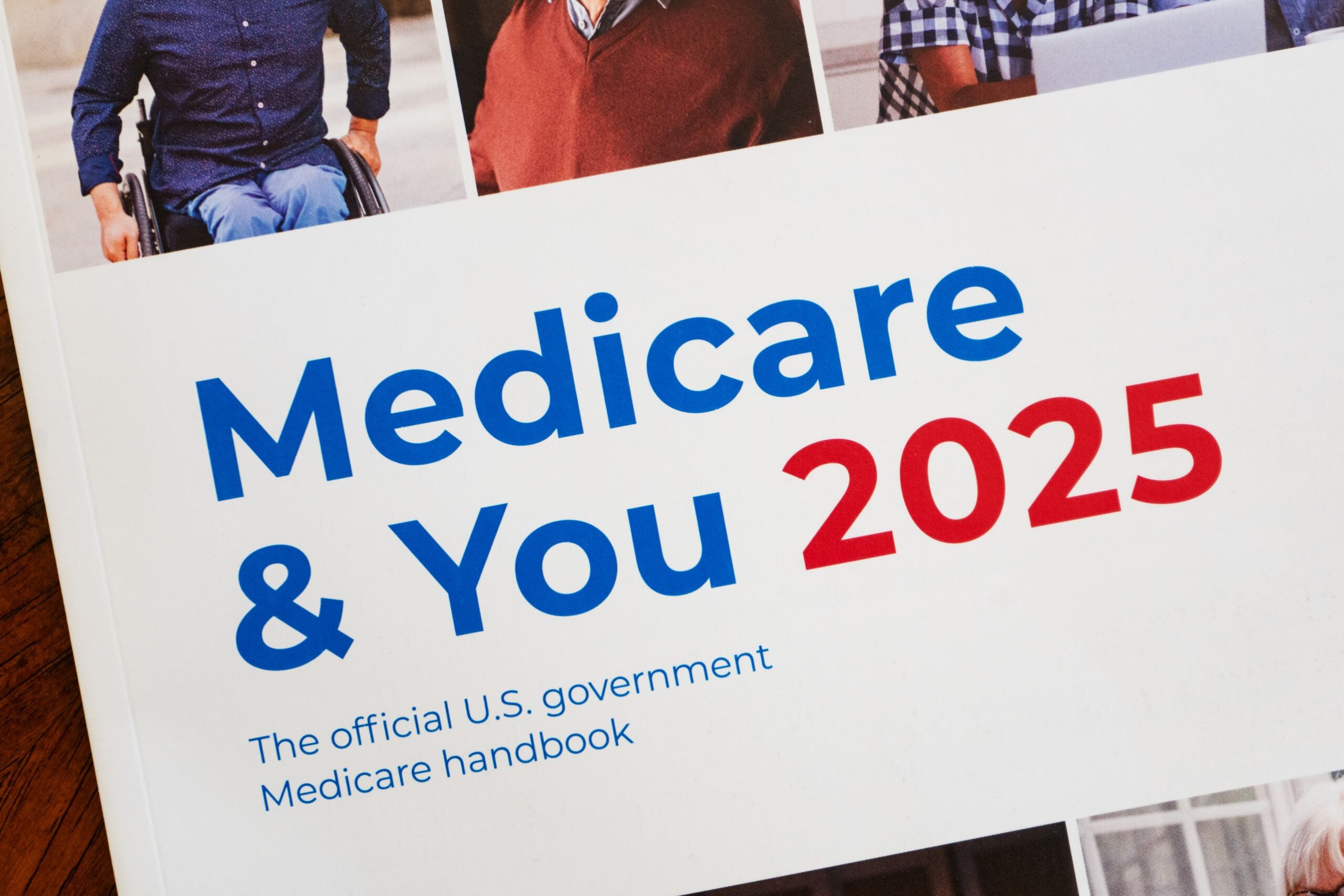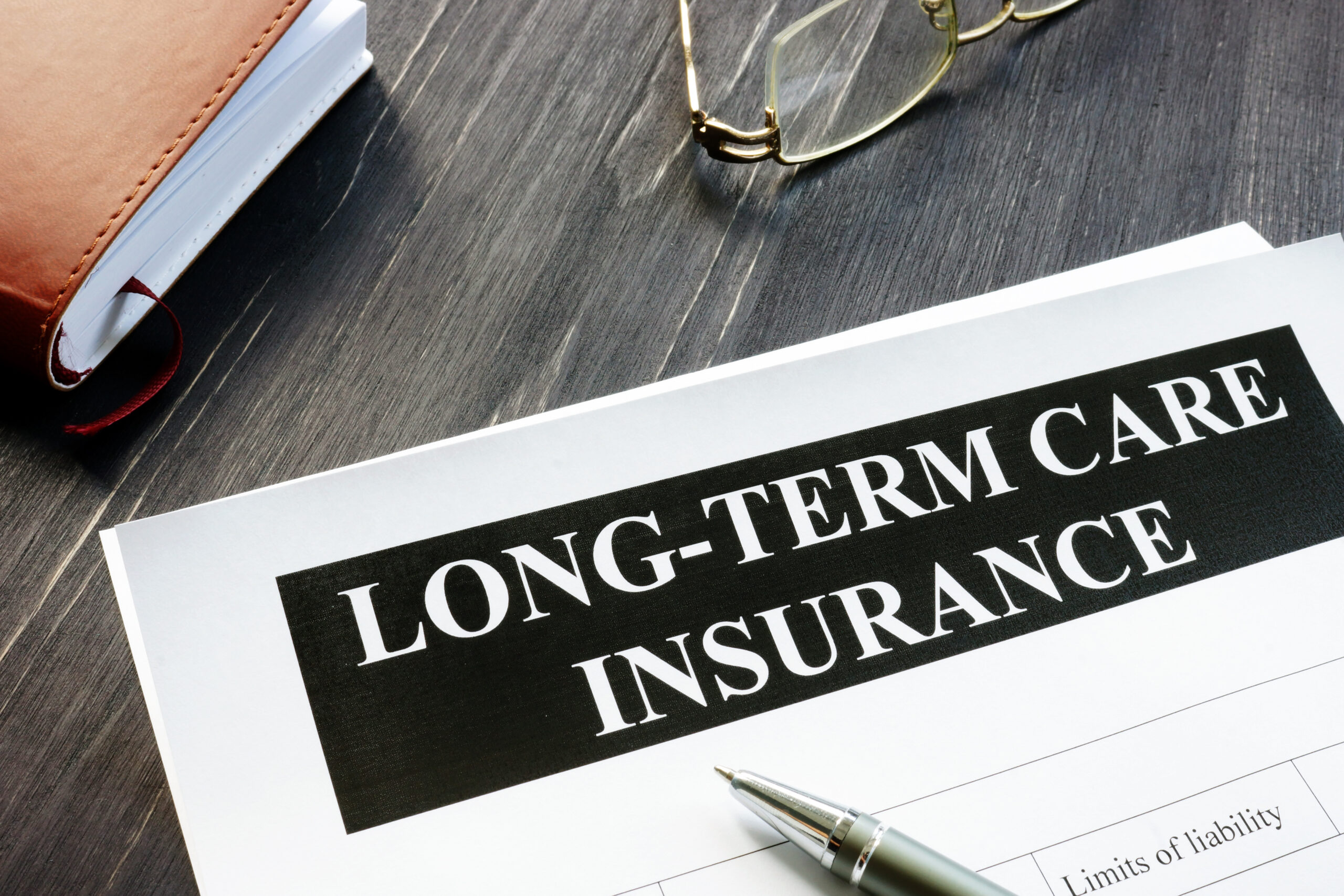Takeaways A new report finds that Americans overwhelmingly support preserving and strengthening Social Security benefits,…

Startups Designing Senior-Friendly Tech
It is projected by the US Census Bureau that in the year 2050 there will be 458 million Americans of which 92.1 million will be 65 or older. Senior Americans will constitute slightly over 20 percent of the population as a whole if these projections are accurate. By the year 2030, all of the baby boomers will have moved into the population aged 65 years or more and will also represent 1 in 5 Americans.
The application of technologies for everyday use in senior care will become more prevalent to meet the growing needs of elderly health care. Digital health startup companies receive billions in US funding to specifically design user-friendly interfaces for Americans aged 65 and older.
This includes taking into consideration the changes and limitations of fine motor skills and vision as well as memory and cognitive issues. Smart pillboxes, fall detection systems, remote patient monitoring and applications that can provide individualized medical alerts to health care professionals are part of the health care side technologies. The many seniors choosing to age in place are now better protected by technologies that address motion-detecting lights, smart thermostats, smart doorbells with video cameras, keyless entry locks to homes and cars, smart home security systems and personal emergency response systems are all being customized to meet the needs of a rapidly aging baby boomer population. The good news is that many seniors currently engage in the world of technology and reap some of its benefits.
The other good news is that corporations are spending billions to customize technologies specifically for the benefit of seniors that are cost-effective and of high quality whether the senior is aging in place, in assisted living or a nursing home. Some of the most notable startups include:
Steadiwear is known for its product “Steadiglove” which is a device that reduces hand tremors in aging patients who in particular have Parkinson’s disease and “essential tremor”, a nervous system disorder that causes rhythmic shaking.
Cake allows elderly patients to communicate via a mobile application to vent their feelings about death. It is a general forum that provides simple answers to complex questions about death and mortality. It also encourages the senior to organize their personal life before their passing. This pay for service is a good start to explore general directions that a senior can then talk over with their elder legal counsel.
Sway is a digital startup responsible for the FDA (US Food and Drug Administration) testing system that determines through a motion analysis algorithm if an individual’s stability is compromised and the subsequent probability of an unintended fall. Mobile and cloud-based technology ensure patient data collection from any iOS Athletic Profile data are both reliable and secure.
Hometeam uses mobile technology that empowers a senior to track their medical status by using an iPad. The company is designed for a home care approach and currently provides medical monitoring and care for more than 12 million senior Americans who are unable to afford to be a resident in a nursing home.
Silvernest strives to match the elderly patient population in nursing and retirement homes with younger and livelier roommates as a way to reduce isolation for the more senior “roomie.” Proprietary, extensive background checks can find a mutually beneficial roommate match.
Honor is a shared mobile technology platform that offers high-quality care to its patient base as well as provides a mobile platform that allows loved ones and friends the ability to track their senior’s medical status. It provides tools to assess their medical progress and determine the rate of health improvement.
Rendever is a virtual reality technology company that offers elderly patients the opportunity to experience the outside world using virtual reality (VR) display goggles. Even if the senior is confined to a nursing home or assisted living facility, this VR experience allows the resident the chance to travel the world through the use of virtual reality technology.
Pixiescientific has designed an application to detect any symptoms and signs of a urinary tract infection; diagnosing the problem before it becomes severe. Sensor technology detects abnormalities within the urinary tract of the patient and monitoring provides assessment diagnoses of dehydration and infection which are common among seniors.
Zansors uses sensor technology to monitor an individual’s sleep pattern by data collection of movement while in bed and respiration rates while sleeping. This individualized and accurate biofeedback allows the user to determine how much quality sleep they require to avoid physical fatigue and exhaustion. It is particularly useful for patients who have insomnia.
Myseismic has developed an undergarment “suit” that aids senior muscle strength through tiny motors that act as “electrical muscles” that are integrated into the fabric around the joints of the body via proprietary grips that function like tendons in the human body. Computer sensors track the wearer’s body movement, and software alerts the electrical muscles in the clothing when to activate. This is ideal for seniors who are experiencing an overall decline in energy and muscularization but still want to be able to move and travel freely.
More startups companies and technological advancements are in development. Metadata feedback allows for the continual refinement of existing technology systems. The engine of change for senior health care is digital as it can provide seniors with their best options for successful aging.
If you have questions about what you have read or would like to discuss your own situation, please don’t hesitate to reach out to the Estate Planning & Elder Law Center of Brevard by sending us a message here, or dialing (321) 729-0087.




